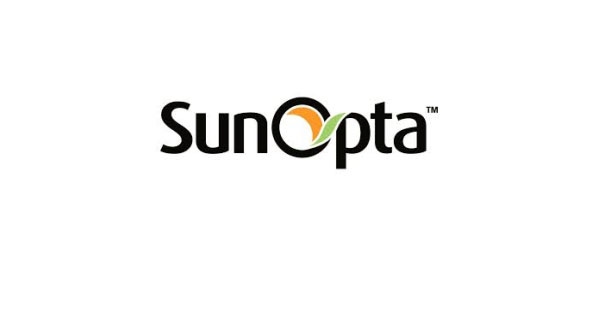What does this mean for the future of non-GMO labeling?

SunOpta may have just altered the non-GMO labeling protocol.
The natural and organic ingredient and packaged goods brand recently requested that the USDA to certify its processes for sourcing non-GMO ingredients. The government agency has long offered a paid Process Verified Program through its Agriculture Marketing Service that provides food companies “the opportunity to assure customers of their ability to provide consistent quality products or services.” For example, companies like Tyson, Cargill and Perdue have hired auditors from the USDA to affirm claims like antibiotic-free, cage-free, vegetarian-fed and humanely raised.
SunOpta was the first company to request that the USDA verify its stringent system for detecting GMO corn or soy in its Hope, Minnesota facility. "Having USDA verify that we are complying with our standards ensures that our customers can be confident that they are getting the highest quality non-GMO soybeans and corn,” chief executive Steven R. Bromley said in a statement. “We look forward to implementing the USDA PVP program at other SunOpta facilities across our vertically integrated platform."
USDA Secretary Tom Vilsack congratulated the new voluntary labeling initiative. “While the Process Verified Program itself is not a new program, this is the first non-GMO/GE claim verified through USDA,” he wrote in a letter to USDA employees on May 1st. “Other companies are already lining up to take advantage of this service.”
The USDA also announced plans to unveil a new green and navy Non-GMO/GE Process Verified seal indicating an audit was completed—a label that will appear on raw ingredients but not finished products, the New York Times clarifies.
Natural industry response to the USDA program has been tepid and critical of Process Verified for opaquing standards. “The USDA has NOT created its own non-GMO standard,” wrote Megan Westgate, executive director of the Non-GMO Project, the leading third-party non-GMO verification that has certified over 31,000 finished products. “Rather, as part of the existing AMS PVP, it has signed off on one company’s own non-GMO practices. There is no transparency as to what these practices are, and they are not based on a third-party standard.”
Some natural consumers, manufacturers and organizations fear the non-GMO USDA Processed Verified Program is a move to quiet non-GMO advocates who have campaigned for mandatory federal labeling for years. “USDA is getting into the game with a ‘pay-to-play’ certification and labeling program that would allow food manufacturers to make non-GMO claims on their food product packaging,” wrote Steven Hoffman, managing director of Compass Natural Marketing.
In many ways, the non-GMO Process Verified Program raises more questions than answers. Will more companies opt for the auditing service rather than the Non-GMO Project verification? Is this a step in the right direction to create a system for mandatory labeling? Or is it a step toward supporting the “Safe and Accurate Food Labeling Act of 2014,” dubbed the “DARK Act” by proponents--a pending bill that would preempt states from requiring mandatory labeling?
Most important, with no current plan to place a USDA non-GMO label on finished products, how will consumers know a product is free from GMOs? Will it complicate an already confusing issue?
About the Author(s)
You May Also Like




